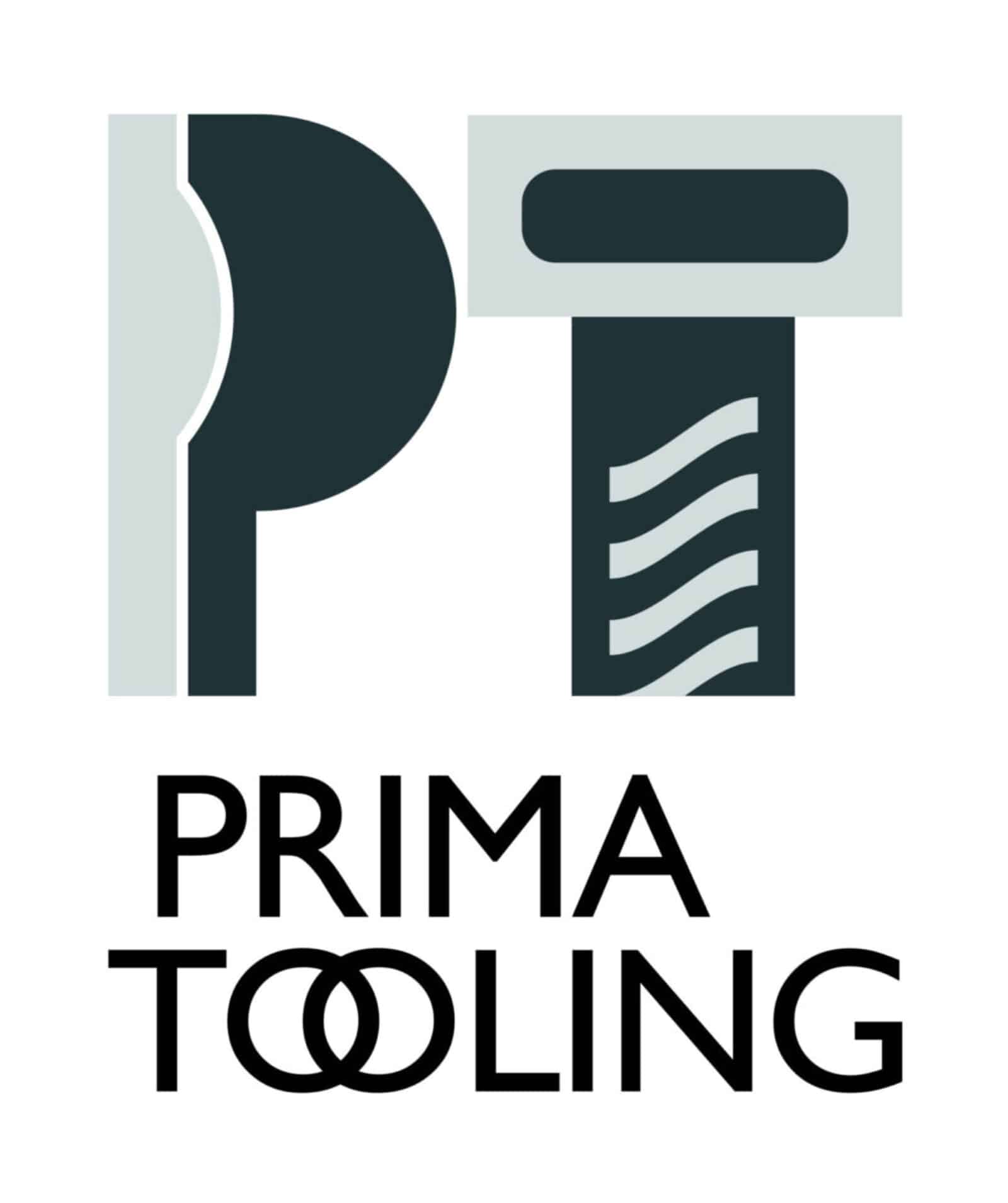Precision cutting is a fundamental aspect of many manufacturing processes that rely on accuracy and quality. Whether you’re drilling holes for industrial parts or crafting intricate metal designs, every detail counts. Ensuring that cuts are clean and precise can make a world of difference in both the performance and longevity of the final product. Therefore, having the right tools in your workshop is key to achieving the best results. The tools you choose can significantly influence the efficiency and precision of your work, making them an integral part of any cutting operation.
One tool that stands out in precision cutting is the carbide drill. Known for its ability to handle challenging materials with ease, the carbide drill is celebrated for its strength and reliability. Unlike traditional drills, these are engineered to maintain their sharpness even after extended use, helping craftsmen achieve seamless precision in their projects. As industries evolve and demand for more accurate outcomes increases, the importance of selecting tools like carbide drills becomes even clearer. Let’s explore what makes these drills a superior choice for many projects.
What Are Carbide Drills?
Carbide drills are a type of cutting tool crafted from carbide, a compound known for its exceptional hardness. This characteristic enables them to cut through tough materials with minimal wear and tear. They are particularly useful in situations requiring high precision and durability, making them a preferred choice in various industries.
Some of the standout features of carbide drills are:
– Durability: They are more resistant to wear and deformation than standard steel drills.
– Heat resistance: Able to withstand high temperatures, allowing for faster cutting speeds without losing efficacy.
– Precision: Ideal for making accurate cuts and holes, preventing damage to the material.
These benefits make carbide drills indispensable in fields like aerospace, automotive, and heavy machinery where precision is paramount. For instance, in the automotive industry, these drills are often used to create precise holes in engine parts that require exact dimensions. This ensures that the parts fit perfectly and function smoothly.
With their combination of hardiness and accuracy, carbide drills are not just an upgrade but a necessity for anyone serious about precision cutting. They streamline workflows, reduce downtime, and ultimately contribute to a superior end product. Understanding their features and advantages will help you make an informed choice for your cutting needs.
Enhancing Precision with Carbide Drills
Carbide drills play a pivotal role in enhancing cutting precision, key to ensuring projects meet high standards. Their design allows for consistent and accurate results, even in intensive applications. This attribute is invaluable in industries such as aerospace, where precision is absolutely necessary. For instance, when crafting aircraft components, the exactness offered by carbide drills ensures components align perfectly, contributing to both safety and performance.
The ability of carbide drills to maintain a sharp edge greatly reduces the risk of errors during cutting. This precision minimises material wastage and enhances productivity, as each cut is clean and requires fewer adjustments. Additionally, their rigid structure reduces vibrations and wobbling during drilling, leading to smoother finishes and less likelihood of damaging the workpiece. These features significantly enhance the overall quality of the finished product.
Durability and Longevity of Carbide Drills
One of the standout benefits of carbide drills is their durability. Unlike other drill types that might wear quickly, carbide drills are built to last, which saves time and resources on frequent replacements. Their heat-resistant nature allows them to operate at high speeds without losing their sharpness or structural integrity, maintaining efficiency across extended periods.
In terms of cost-effectiveness, the initial investment in carbide drills proves beneficial over time. While they might have a higher upfront cost compared to standard drills, their longevity means fewer purchases for replacements. In the long run, this makes them a financially savvy choice for professionals who value quality and reliability. For anyone in industries where precision and reliability are top priorities, investing in these drills can lead to greater operational savings and improved project outcomes.
Tips for Using Carbide Drills Effectively
To get the most out of carbide drills, consider the following tips:
– Use the correct speed and pressure: Optimising these settings based on the material can prevent damage to the drill and workpiece.
– Regular maintenance: Keep them clean and inspect for wear regularly to extend their lifespan.
– Appropriate storage: Store drills in a dry, safe location to prevent corrosion and accidental damage.
Utilising carbide drills as part of a well-thought-out strategy ensures they perform at their best and deliver outstanding results time after time.
Summing Up the Advantages of Carbide Drills
Carbide drills offer a blend of precision and durability that’s hard to match. By choosing them, you ensure your projects are completed to the highest standards, with minimal hassle and maximum efficiency. Their resilience and performance capabilities make them a wise choice for both seasoned professionals and those new to precision drilling. If accuracy and longevity are priorities in your work, incorporating carbide drills can make a significant difference in achieving your goals.
Choosing the right tools can make all the difference in achieving precision and efficiency. If you’re considering elevating your projects with a tool known for its durability and sharpness, consider exploring our selection of carbide drills. Designed to withstand tough materials and high temperatures, these tools are ideal for those who value quality and precision in their work. Visit Prima Tooling to find the perfect fit for your needs today.
